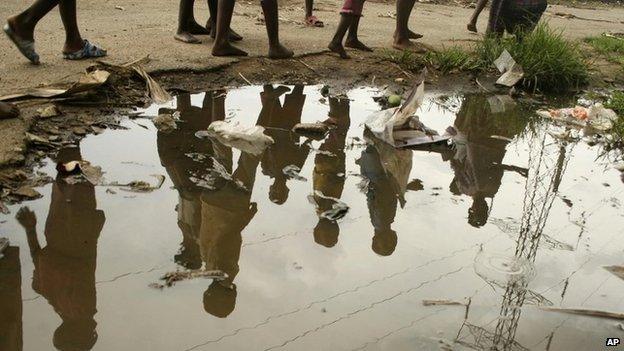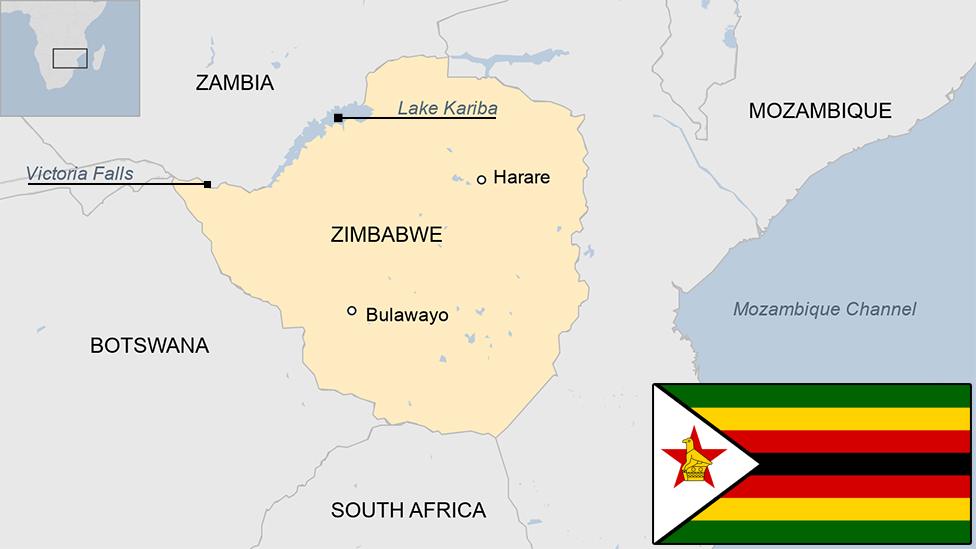Zimbabwe row over age of consent after Tomana's comments
- Published

Johannes Tomana said many poor girls had little alternative to marriage
Zimbabwe's top prosecutor has been criticised after questioning whether all cases involving sex with girls under 16 should be treated as rape.
Activists should ask what alternatives to early marriage are left for young girls who are out of school, Johannes Tomana told the state-owned Chronicle.
Many online have criticised his comments for endorsing the idea that girls as young as 12 can give consent.
In Zimbabwe, 4% of girls marry by the age of 15 and 30% by 18, the UN says.
Information Minister Jonathan Moyo joined the criticism, calling Mr Tomana's interview "outrageous", and suggesting that his comments compromised his position as prosecutor general, in a post on twitter, external.
The wishes of girls who want to get married early and who give their consent to under-age sex should be considered carefully, Mr Tomana said, external.
'Grey area'
Mr Tomana indicated that his stance would be different if girls were getting universal education until the age of 18 "in an environment where you guarantee that they are not abused".
He gave the scenario of a 15-year-old girl's parents who have the opportunity to marry off their daughter, asking:
"Are you saying that should not happen, even where... there's nothing else that girl could be doing?"
The current legal age of consent in Zimbabwe is 16, but the country's new constitution, introduced in 2013, says that those under 18 are "not capable of founding a family", creating some ambiguity about the exact position of the law.
There is also a grey area being created by the amount of discretion judges are allowed in interpreting the law, reports the BBC's Steve Vickers from the capital Harare .
Recent cases in which convicted rapists had their sentences suspended have created a growing public debate over the level of legal protection being offered to young girls, he adds .
There have been cases of young girls consenting to sex after being offered sweets or small amounts of money, sometimes as little as a dollar, our reporter says.
"My 12-year-old is a baby; she can't even tie her own shoelaces, so how does she consent to sex," one mother in Harare told the BBC's Focus on Africa radio programme.
In the interview, Mr Tomana also defended the policy of sending convicted child sex offenders to do community service in schools, saying that they were "no longer a threat to anyone".
The UN children's fund says that for about one in five girls in Zimbabwe, their first sexual experiences are forced.
The Zimbabwean economy is in deep crisis, with high levels of poverty and unemployment.
- Published30 August 2023
